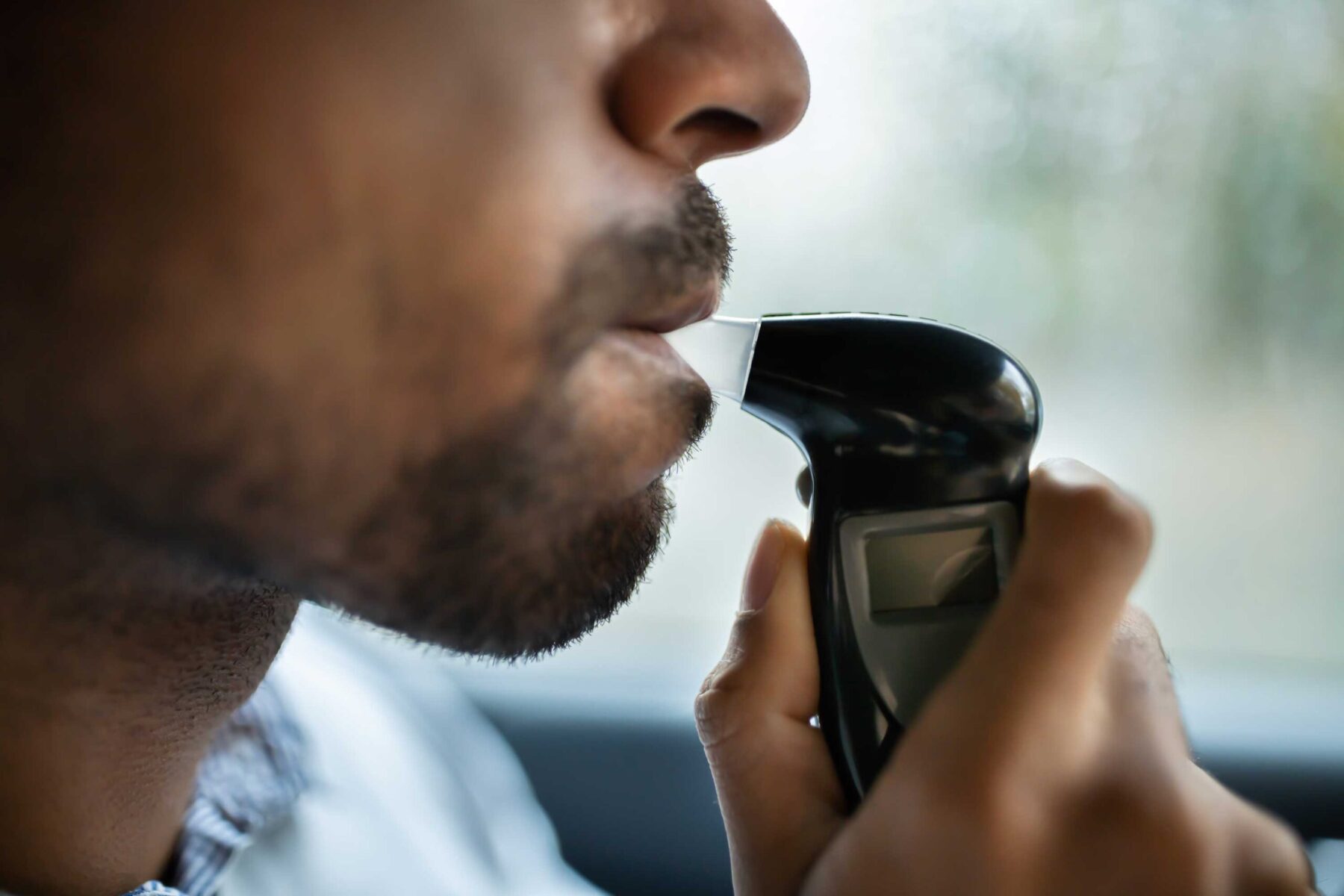An arrest for an Operating a Vehicle Under the Influence of Alcohol (OVI) offense should not cause one to debate life or death as Hamlet did in Shakespeare’s famous soliloquy; however, the decision of whether to submit to a breath alcohol test is unquestionably daunting, especially for a normal, law abiding citizen who is involved in a law enforcement investigation for the very first time. This is certainly the most asked question that I receive from new introductions who learn of our successes in the area of DUI/OVI defense. The answer is not as simple as many think and my most common response is, “it depends.”
There are many reasons to respectfully decline a breath alcohol test at the roadside or in the station after an arrest. Roadside portable breath alcohol testing devices are notoriously unreliable, are not admissible in Court, and should normally be respectfully declined unless a motorist has consumed no alcoholic beverages. Refusal of the breath alcohol testing device at the law enforcement agency will result in an administrative license suspension (one (1) year for your first refusal in the State of Ohio); however, there are justifications for respectfully declining the test. One common justification for a refusal is a lack of confidence in the accuracy and reliability of breath alcohol testing devices and protocol in the State of Ohio. Indeed, issues with the accuracy of the Intoxilyzer 8000 machine as well as the State of Ohio’s failure to establish a system of dual breath testing (two (2) samples taken within a brief time period that must be within a specified tolerance and the lesser result is considered evidential) for the BAC DataMaster machine must be considered. Another common justification for a refusal is the idea that an accused does have a Constitutional right to remain silent and a refusal of evidential breath testing is just an extension of that right, even though this right of refusal is not recognized as such by the Courts. Also, an accused may want a more accurate test performed, which is unquestionably blood alcohol testing, although Ohio law mandates that the arresting officer has sole authority to determine which test or tests (blood, breath, and/or urine) will be requested of the arrestee.
Alternatively, there are reasons to submit to breath alcohol testing in an OVI case. Primary is the situation in which the arrestee has truly consumed a small amount of alcoholic beverages, or even none, and chemical testing may provide valuable exculpatory evidence of non-impairment. Additionally, some courts punish refusals more harshly than test over cases or consider reductions in close test over cases but not for refusals and, thus, submitting to breath alcohol testing may place the client in a more advantageous position with the defense of their case. Also, those with prior OVI convictions within the past 20 years may face increased penalties for a refusal as they may be charged with OVI – Refusal under R.C. 4511.19(A)(2), which doubles the mandatory minimum jail term that the client faces in their case. Finally, an accused has a safeguard against an apparent inflated breath alcohol test which is the accused’s right to an independent blood test at their own expense. Of course, the right to an independent test is much more easily advised than placed into practice as the odds of obtaining an independent test from a hospital in the late evening or early morning hours is are certainly stacked against the arrestee. In our experience, we have encountered law enforcement agencies who employ policies or procedures that obviate an accused’s right to an independent blood test. As an example, some law enforcement agencies hold a suspected OVI motorist in jail for a set number of hours (e.g. 8 hours) before allowing bond to be posted or refuse to charge OVI cases until the following morning so the person’s family cannot post bond and the client cannot obtain the independent blood test. (think of a police department in a City that hasn’t won a championship since 1964).
To blow or not to blow? It’s complicated, but the question can usually be answered by our OVI lawyers after a brief advisement of the client’s situation.
Contact Us
"*" indicates required fields




